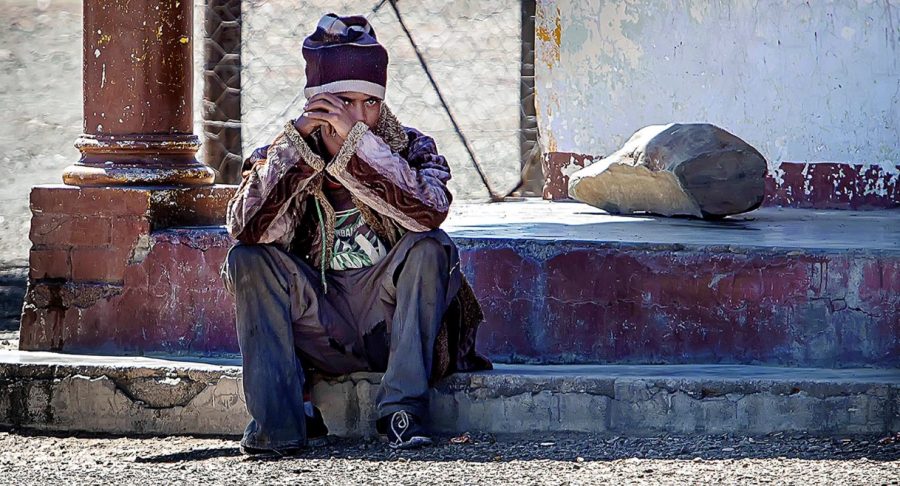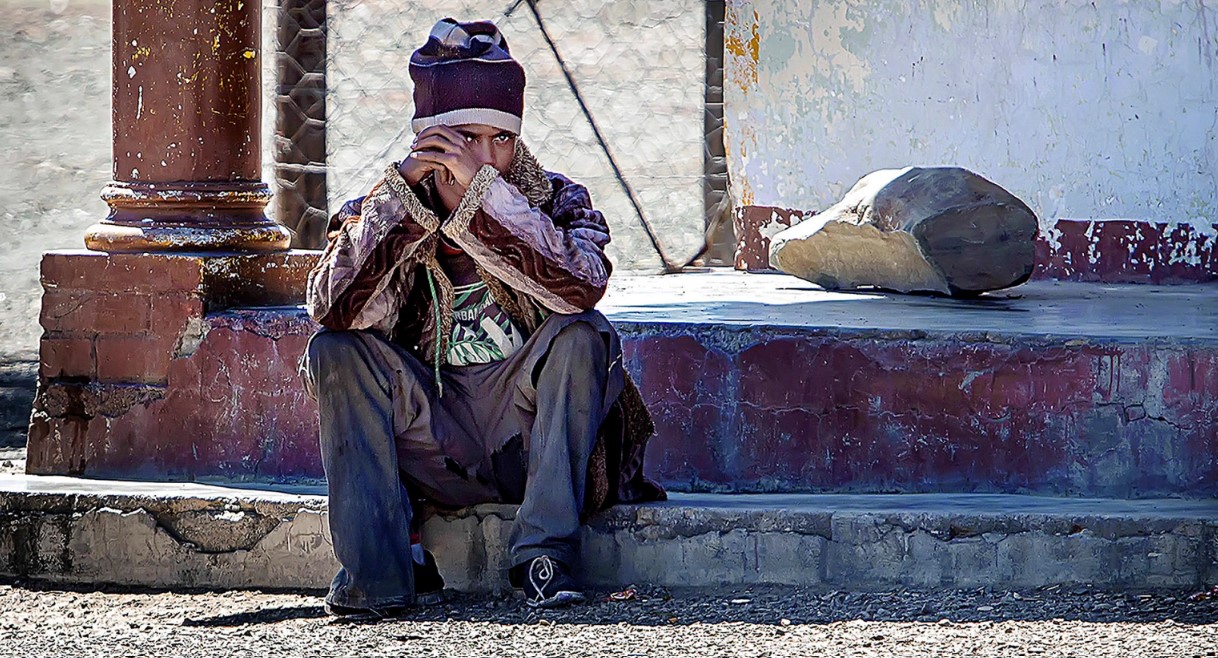
Cost-of-living crisis is the greatest risk facing SA
Over the next two years, the most severe risk plaguing South Africa is the cost-of-living crisis. Perpetuated by load shedding, deep unemployment and infrastructure vandalism, the rising price of food is proving insurmountable. “While middle-income households are feeling the pressure, the poor have already been priced out,” says Andy Du Plessis, managing director of FoodForward […]

Over the next two years, the most severe risk plaguing South Africa is the cost-of-living crisis. Perpetuated by load shedding, deep unemployment and infrastructure vandalism, the rising price of food is proving insurmountable.
“While middle-income households are feeling the pressure, the poor have already been priced out,” says Andy Du Plessis, managing director of FoodForward South Africa (FFSA). “The tragic reality is that millions of households simply can’t afford to buy the food they need to survive. This has an enormous impact on human health, rendering a weak and vulnerable future workforce.”
In the last year alone, the average cost of the Household Food Basket has risen to R4,917.42, up by 11.7% from January 2022. There have also been sharp increases in the prices of popular food items like bread, from R13,92 to R16,50 per loaf, onions, R7,10 to R12,40 per kilo, and cooking oil, R140,90 to R185,89 per 5l.
As it becomes increasingly difficult for people to afford basic food items, with the annual food price inflation sitting at 12%, more and more South Africans are at risk of starvation and malnutrition.
“Over 100 new cases of child malnutrition were reported in the past six months,” reveals Du Plessis. “Of those 100 children, 43 have already passed away. They simply could not access basic, life-saving sustenance.”
Today, more than 15% of South African children are born with low birth weight. 27% of children up to 5 years of age suffer from stunting, the highest level of stunting in the world. And 33% do not reach basic milestones in cognitive or social-emotional development.
”South Africa’s prospects for future growth and development lie in the hands of our youth. Yet not enough is being done to enough this generation has access to the basic resources they need to thrive,” says Du Plessis.
One solution is capitalising on food value chain weaknesses and supply chain disruptions that are inevitable, resulting in over 10 million tonnes of good, edible food being lost or wasted annually. Legislating a Food Donations Policy for South Africa could change this.
FFSA’s recommendations for such legislation focus on four areas relevant to food donations:
1. Food safety for donations
2. Liability protection for food donors
3. Tax incentives
4. Government grants
“Creating better access to safe and healthy food in a cost-effective, scaled manner must be realised now, so that we can reduce starvation and malnutrition, and ensure that political stability is achieved,” concludes Du Plessis.
